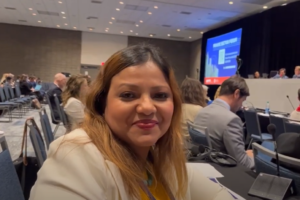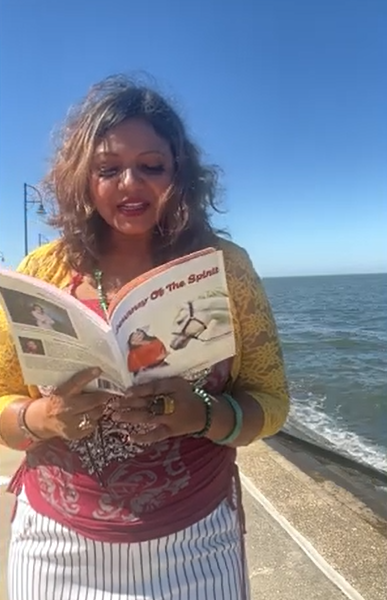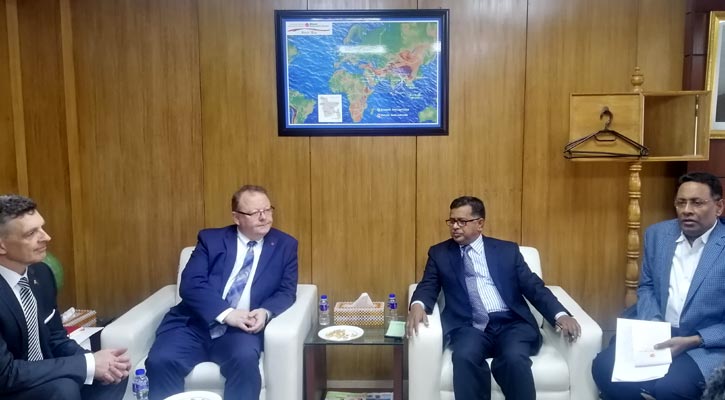Russian forces seized two small cities in southeastern Ukraine and the area around a nuclear power plant, the Interfax news agency said on Monday, but ran into stiff resistance elsewhere as Moscow’s diplomatic and economic isolation deepened.
After four days of fighting and a Russian advance that has gone more slowly than some expected, talks between Ukraine and Russia started on Monday at the border with Russian ally Belarus, a senior Ukrainian official told Reuters via text message.
The goal was an immediate ceasefire and the withdrawal of Russian forces, the Ukrainian president’s office said earlier.
It was not clear whether any progress could be achieved after President Vladimir Putin on Thursday launched the biggest assault on a European state since World War Two and put Russia’s nuclear deterrent on high alert on Sunday.
The Western-led response was swift, with sanctions that effectively cut off Moscow’s major financial institutions from Western markets sending Russia’s rouble currency down 30 % against the dollar on Monday. Countries also stepped up weapons supplies to Ukraine.
Blasts were heard before dawn on Monday in the capital of Kyiv and in the major eastern city of Kharkiv, Ukrainian authorities said. But Russian ground forces’ attempts to capture major urban centres had been repelled, they added.
Russia’s defence ministry, however, said its forces had taken over the towns of Berdyansk and Enerhodar in Ukraine’s southeastern Zaporizhzhya region as well as the area around the Zaporizhzhya nuclear power plant, Interfax reported. The plant’s operations continued normally, it said.
Ukraine denied that the nuclear plant had fallen into Russian hands, according to the news agency.
There was fighting around the Ukrainian port city of Mariupol throughout the night, Pavlo Kyrylenko, head of the Donetsk regional administration, said on television on Monday.
He did not say whether Russian forces had gained or lost any ground or provide any casualty figures.
At least 102 civilians in Ukraine have been killed since Thursday, with a further 304 wounded, but the real figure is feared to be “considerably higher”, UN human rights chief Michelle Bachelet said on Monday.
More than 360,000 people have fled to neighbouring countries, according to the UN Refugee Agency.
A senior US defence official said Russia had fired more than 350 missiles at Ukrainian targets since Thursday, some hitting civilian infrastructure.
“It appears that they are adopting a siege mentality, which any student of military tactics and strategy will tell you, when you adopt siege tactics, it increases the likelihood of collateral damage,” the official said, speaking on condition of anonymity.
WEAPONS
Partners in the US-led NATO (North Atlantic Treaty Organization) defence alliance were providing Ukraine with air-defence missiles and anti-tank weapons, Chief Jens Stoltenberg said in a tweet on Monday.
The Kremlin accused the European Union of hostile behaviour, saying weapons supplies to Ukraine were destabilising and proved that Russia was right in its efforts to demilitarise its neighbour.
It declined to comment on whether there was a risk of confrontation between Russia and NATO. Russia has demanded that NATO never admit Ukraine.
Germany said it would increase defence spending massively, casting off decades of reluctance to match its economic power with military clout.
Russia’s rouble plummeted nearly 30% against the dollar on Monday, after Western nations on Saturday unveiled sweeping sanctions including blocking some Russian banks from the SWIFT international payments system.
Russia’s central bank scrambled to manage the broadening fallout, saying it would resume buying gold on the domestic market, launch a repurchase auction with no limits and ease restrictions on banks’ open foreign currency positions.
It also ordered brokers to block attempt by foreigners to sell Russian securities.
Japan and South Korea said they would join in the action to block some banks from SWIFT. South Korea, a major exporter of semiconductors, said it would also ban exports of strategic items to Russia.
Several European subsidiaries of Sberbank Russia, majority owned by the Russian government, were failing or were likely to fail due to the reputational cost of the war in Ukraine, the European Central Bank said.
Britain said on Monday it was taking further measures against Russia in concert with the United States and European Union.
Corporate giants also took action, with British oil major BP BP, the biggest foreign investor in Russia, saying it would abandon its stake in state oil company Rosneft at a cost of up to $25 billion.
PROTESTS
Rolling protests have been held around the world against the invasion, including in Russia, where almost 6,000 people have been detained at anti-war protests since Thursday, the OVD-Info protest monitor said.
As Western governments mustered more support for sanctions against Moscow, diplomatic manoeuvring continued with the Vatican joining efforts by offering to “facilitate dialogue” between Russia and Ukraine.
The UN Human Rights Council agreed on Monday to Ukraine’s request to hold an urgent debate this week on Russia’s invasion, minutes after Kyiv’s envoy told the Geneva forum that some of Moscow’s military actions “may amount to war crimes”.
The 47-member council adopted the proposal by a vote of 29 in favour, with five against, including Russia and China.
Ukrainian President Volodymyr Zelenskiy on Monday asked the European Union to allow Ukraine to gain membership immediately.
“Our goal is to be with all Europeans and, most importantly, to be equal. I’m sure that’s fair. I am sure we deserve it,” he said in a video speech shared on social media.
US President Joe Biden will host a call with allies and partners on Monday to coordinate a united response, the White House said.
The United States said Putin was escalating the war with “dangerous rhetoric” about Russia’s nuclear posture, amid signs Russian forces were preparing to besiege major cities in the democratic country of about 44 million people.
Russia calls its actions in Ukraine a “special operation” that it says is not designed to occupy territory but to destroy its southern neighbour’s military capabilities and capture what it regards as dangerous nationalists.
The EU shut all Russian planes out of its airspace, as did Canada, forcing Russian airline Aeroflot to cancel all flights to European destinations until further notice.
The EU also banned the Russian media outlets RT and Sputnik.






















